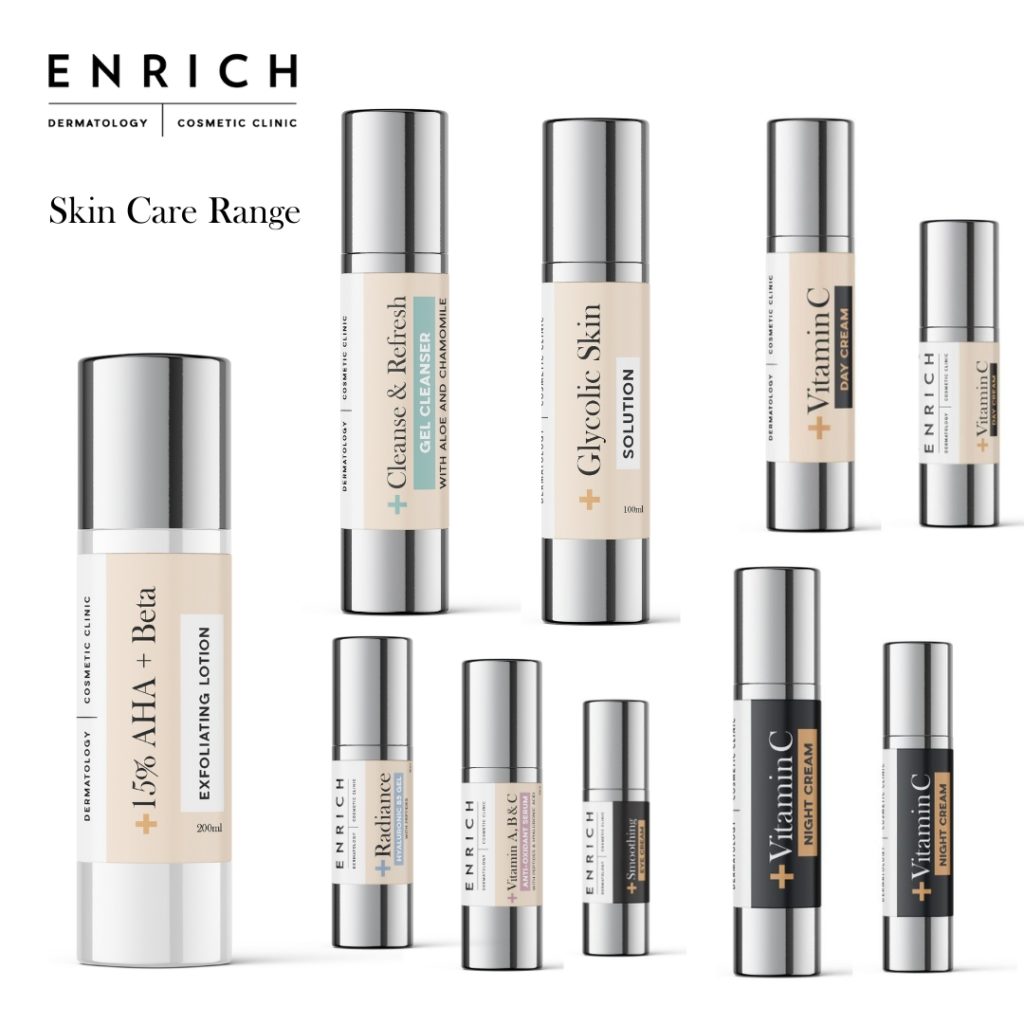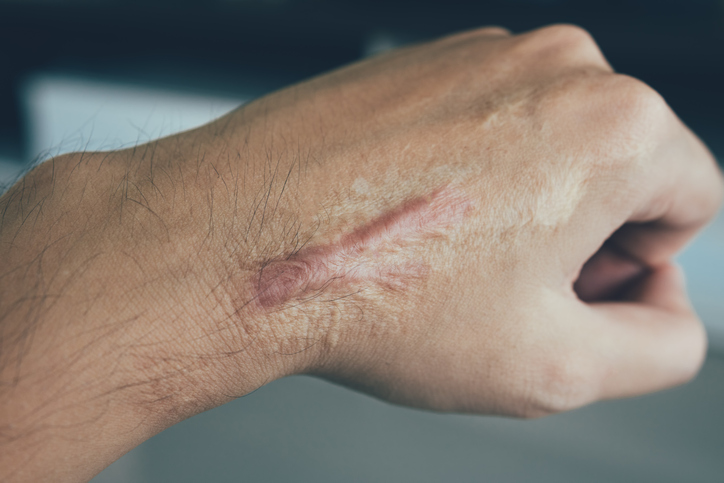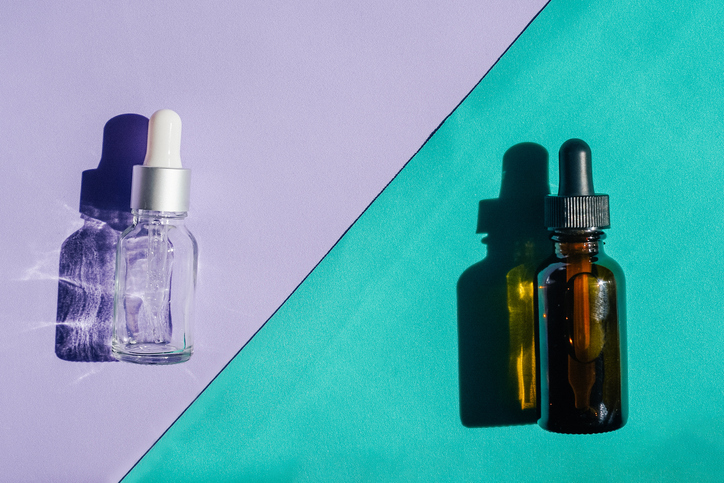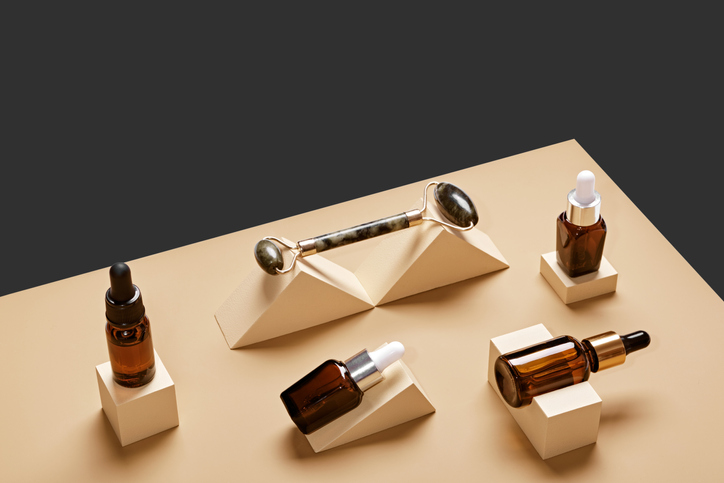Menopause is a process that will happen to all women at some point in their life. It is the time when you stop experiencing your monthly period, and it is most often the end of the reproductive lifecycle. Menopause symptoms are caused by a hormonal imbalance; these hormones being oestrogen and progesterone.
No two women are the same, and they will experience menopause symptoms during the three main stages of menopause at different times and with different intensities. A key indicator that you are reaching menopause is when you have not had your period in 12 consecutive months.
So, as anyone who has experienced menopause will attest to, the process is quite complicated, stressful, and can be very exhausting. There can be a number of health complications.
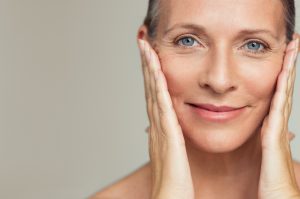 On top of that, every woman’s experience of menopause is unique.
On top of that, every woman’s experience of menopause is unique.
According to Better Health Channel, most women will experience menopause between the ages of 45 and 60, with 51 being the average age, although it can happen outside of this timeframe. If menopause occurs before the age of 40 though, this is considered to be premature.
There are many different symptoms of menopause, and it affects many other parts of your body. Thankfully there are different treatments that can lessen your symptoms and make the process slightly more bearable (or less unbearable?).
The three stages of menopause
- Perimenopause is when hormones start to change and decline and menstrual cycles become erratic. Hot flushes can begin at this time, as well as other menopause symptoms.
- Menopause occurs when your body no longer produces hormones that cause your menstrual period. This is for 12 consecutive months.
- Postmenopause is after those 12 menopause months, and you remain in this stage for the rest of your life.
Overall, menopause symptoms can last between 5- 10 years, sometimes even more. Every woman is different.
Menopause symptoms and treatments
There are a wide range of symptoms, and not every woman going through menopause will experience all of them. These can be general symptoms or specific parts of your body that change. They include, but are not limited to:
- Changes to your menstrual cycle are very common in the lead-up to menopause – or perimenopause. It can be periods occurring less often, but sometimes periods increase in frequency during this stage.
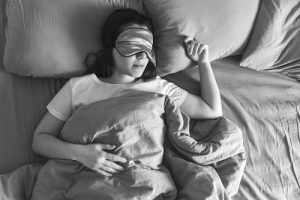
- Hot flushes are alsoextremely common, defined as a sudden feeling of warmth in the neck or chest. According to Robert R Freedman, these can be defined as “feelings of intense warmth along with sweating, flushing, and chills”.
- Sleeping problems can occur, which extends to general tiredness and lower energy levels.
- Mood changes can be quite severe, with more leading situations leading to anxiety, irritability and sometimes depression.
- Breast tenderness and, in some cases, quite severe pain.
- Muscle pain, muscle tension and joint pain – even Osteoporosis.
Menopause can also lead to weight gain, dry skin, increased heart rate, forgetfulness and irritability.
Health Direct explains that menopause symptoms sometimes appear before your period stops. These symptoms can often be more severe in cases where menopause was brought on by surgery or cancer treatment. Furthermore, “hot flushes and night sweats are more common in women from Western cultures, while Asian women report more aches and pains, insomnia and mood changes.” As can be seen, menopause symptoms are highly variable.
Enrich Clinic can help
For some of the more specific symptoms, ENRICH Clinic offers a range of services and treatments that can help with some of the milder symptoms of menopause.
Changes to your vagina
We provide two main types of Vaginal Rejuvenation treatments with our Intimate Program. This program can help address minor vaginal looseness, a dry or uncomfortable vagina, sexual dysfunction issues, and other mild pelvic, vulvar or perineal dysfunction issues.
Our Vaginal Rejuvenation ThermiVa treatment is a great option, as it can help treat a dry vagina or labia and other vaginal tightening issues. Check out our Vaginal Rejuvenation with ThermiVa blog, where we answer your questions about the treatment.
We also offer the Juliet Laser for vaginal rejuvenation. The Juliet Laser rejuvenates the lining of the vagina, leading to a more hydrated, better quality and thicker lining with improved lubrication and less discomfort. This provides increased vaginal lubrication as well as significantly reduces the pain experienced during sex as a result of a dry vagina, a menopausal symptom.
The procedure has been designed to minimise pain or discomfort. This treatment usually generates immediate results.
Adult Acne
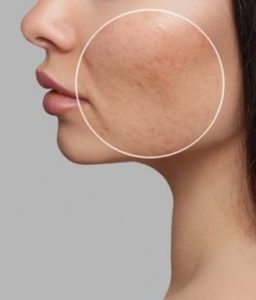
A lesser-known result of menopause is the occurrence of adult acne. In the study Menopausal Acne – Challenges And Solutions, Khunger and Mehrotra observe that acne is a common side-effect of menopause. The study states that the “etiology of menopausal acne is multifactorial, with hormonal imbalance being the major culprit”. Whilst the hormonal imbalance is hard to manage without some form of replacement therapy, there are options to treat acne.
ENRICH’s acne and acne scar treatment options are wide-ranging, offering treatments and strategies to help manage your acne.
Dry Skin and Itchiness
More broadly, menopause can cause skin dryness and itchiness. As the Australian Medical Centre describes, some women have experienced “a sensation like insects crawling under their skin”.
Skin breakouts can be helped with regular treatments, but they have to be the right ones. As all cases are different, we would love to have a chat about your situation and establish the best possible method to address your acne. You can call us on 03 9500 9500, or come and see us at 872 High St, Armadale.
Hair loss
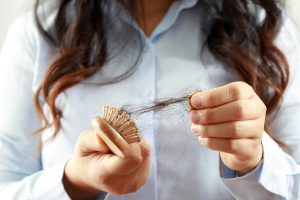
Menopause has been linked to hair loss and hair thinning. In their paper Skin Ageing, Calleja-Agius, Muscat-Baron and Brincat state, “The onset of menopause can lead to a diffuse or an androgenic alopecia”. They also note that there are a number of compilations with menopause that can lead to hair loss and thinning.
Thankfully, there are hair loss treatment options that can help.
At ENRICH, we use PRP (platelet-rich plasma) and other solutions tailored to our patient’s needs. Check out our hair loss treatment truths blog for a quick hair loss overview.
Spider veins
During menopause, you might develop spider veins, which are thankfully less terrifying than they sound. They are sometimes confused with varicose veins, which are “knobbly, twisted and darkish-blue in appearance”, as explained by Better Health. “Spider veins are like varicose veins, but smaller and closer to the surface of the skin. They are often red or blue, and can look like tree branches or spider webs.” They cover variable areas and usually appear on your legs or face.
We offer Sclerotherapy for spider veins, which involves injecting the vein with a solution that causes it to collapse, and renders it useless. There can be side effects to this treatment, but this is uncommon. This is not to be confused with surgical varicose treatments, which ENRICH does not offer.
Our Excel V treatments are also an option. These can reduce redness in your face and treat unsightly blood vessels. You can learn more about these by reading our Excel V Laser for Blood Vessels blog.
Other Skin Conditions
Without the “anti-ageing” influence of oestrogen, our skin can suffer from laxity and reduced collagen production. Menopause can often make our skin either break out or become dry. Looking after our skin health is key during this time. Following a treatment plan set specifically for your skin at this time can not only help with the physical but also play a big part in your mental well-being. Feeling good about your skin is not spoiling yourself, it’s essential, especially during menopause.
Given there are so many varied changes you go through during menopause, it is easy to feel stressed out and for the process to negatively affect your mental health. It is crucial to take care and be kind to yourself during this time, as this can give you that vital boost you need to get through the process.
We can help
Contact us
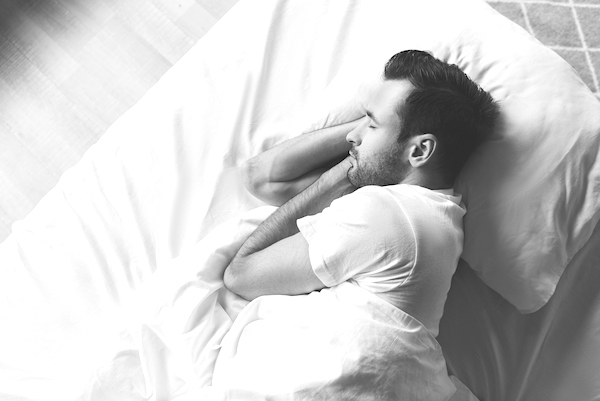
 On top of that, every woman’s experience of menopause is unique.
On top of that, every woman’s experience of menopause is unique.


